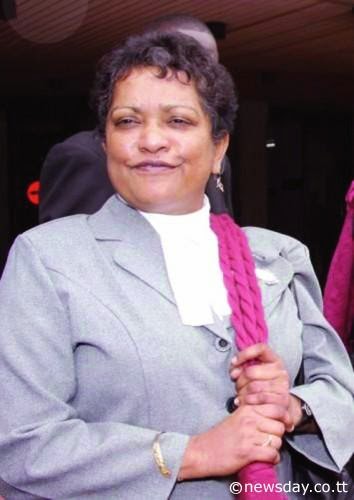Is The Caribbean Middle Class Genuine ?
The Caribbean Is One Nation
The Mahogany Coconut Group

The Mahogany Coconut Group

The current recession is wreaking havoc on the Caribbean
middle class. This middle class emerged after the period of colonialism ended
and the transformation from agricultural based economies, within the region,
took root. The middle class is by nature easy to identify and difficult to
define in the Caribbean. We are often left to wonder, whether it is grounded in
financial/income considerations or its idiosyncrasies.
We are of the opinion that many professions are deemed
middle class more by their social standings than their earnings. It is not
uncommon, for us to describe workers such as: artisans, mechanics, fruit vendors
and other small self-employed people as working class although their
earnings may very well be higher than : bank workers(clerks), teachers, nurses,
and police among others. Therein lies the problem when discussing our so-called
middle class. 'Is it their pockets or attitudes?'
We have not been very eager to examine
our societies in any great detail. Most of the academic offerings on the subject,
are to be found in the sophisticated debate among intellectuals or what is
otherwise referred to as the intelligentsia, who have yet to find a way to make
such efforts readily available and easily comprehended by the broader society.
Hence we are often served rather limited information of how our societies are
actually developing and how best we can moderate such development in the
interest of the region. One of the few intellectuals, who was generous in
trying to define and explain the Caribbean society was the late Lloyd Best of
Trinidad and Tobago. We have not seen any great effort to take up his mantle.
From our perspective, we see a middle class that is in a
perpetual debt trap and one that cringes at the thought of having to pay for
their children’s university education at the University of the West Indies, as
is currently the case in Barbados. We see a middle class that is mimicking the
lifestyles of other societies, which it cannot afford. We see a middle class, essentially made up mostly of Afro Caribbean citizens, that has no real wealth.
Within this middle class is a form of sophisticated poverty that we need to
examine very closely.
However, in the last three decades we have also seen the
definite emergence of a very powerful Afro Caribbean upper middle class, comprising a
very strong presence, of those who have are a part of the
growing corporate/ political complex. These are high end professionals who are
to be found in the fields of: medicine, politics, the legal profession and other interests such as real
estate, accountancy and some of the service industries connected to off shore banks.
And others wheeling and dealing within the aforementioned corporate political
complex. Within this powerful group we also find our well paid academics who
frequent the University of the West Indies.
We are therefore convinced that the gap between the rich and
the poor in the region is widening. We are further convinced that the real
working class and those working for below $10, 000USD. per year must now be
considered the working poor. As for our middle class, we are convinced that its
earnings have not kept up with its lifestyles and it is the biggest threat to economic prosperity. As unfortunate, as it may seem, while the children of the middle class, may very well be enjoying a relatively comfortable existence, the sad
truth is that they will not inherit much wealth. The middle class of today is in real terms of wealth creation, doing as poorly as the working
class from whence they came.
In other words , while a few have escaped into real wealth,
the dream of genuine economic enfranchisement that would have created real
wealth for the majority of Afro Caribbean peoples has yet to be realized. That
is why we are forced to ask: How genuine is our Caribbean middle class?
.



Comments